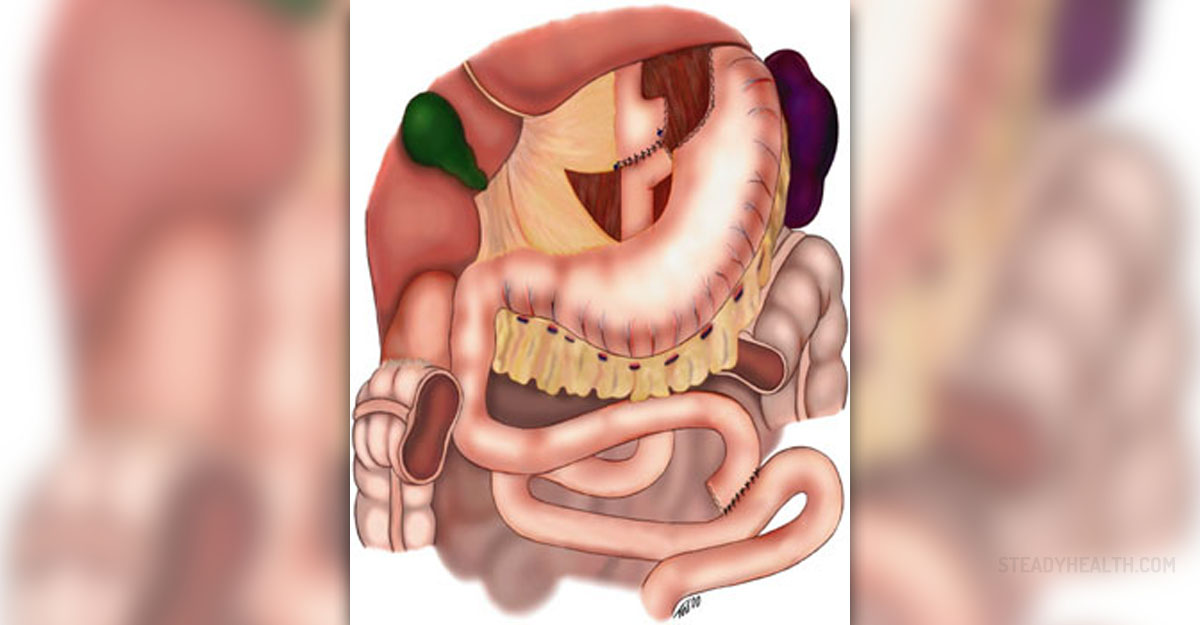
Gastric Surgery for Weight LossWeight loss, or bariatric, surgery became increasingly popular over the years. Weight loss surgery can help the overweight people to improve their appearance, to increase their mobility and to reduce the risk of many health problems that result from obesity.
Gastric Bypass SurgeryThe most commonly performed weight loss surgery in the United Sates is gastric bypass surgery because it provides best results. Also, gastric bypass is associated with less complication than other bariatric surgeries. Gastric baypass is a procedure that reroutes digestive system which leads to rapid reduction in body weight. It is an option for those who cannot lose their weight on their own, for extremely obese and those who suffer from disorders related to obesity. However, to gain the best results of gastric bypass, one must regularly exercise and eat healthy foods after the surgery.
There are two techniques for gastric bypass surgery: Roux-en-Y gastric bypass and biliopancreatic diversion with duodenal switch. Roux-en-Y is more commonly performed. In this procedure a surgeon makes your stomach smaller by creating a small pouch for the food you eat. Than part of your small intestine is connected to the pouch so that ingested food can bypass larger part of the stomach and first part of small intestine. Biliopancreatic diversion with duodenal switch involves the procedure in which large part of the stomach is removed and the bypass is attached to distal illium. However, this technique is not widely used due to risk of malnutrition and vitamin deficiencies.
Other weight loss surgeries include lap-band adjustable gastric banding (LAGB), vertical banded gastroplasty and sleeve gastrectomy.
Risks of Gastric Bypass
Gastric bypass is associated to many risks. There are the risks of any surgery that include infections, allergic reaction to anesthesia and bleeding. Gastric bypass risk include: malnutrition, dehydration, kidney stones, gallstones, low blood sugar, incisional hernia, anemia and bleeding stomach ulcer. Serious risks include: leaking through the staples in the stomach, pneumonia, dumping syndrome and narrowing of the opening between the stomach and small intestine.





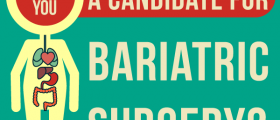

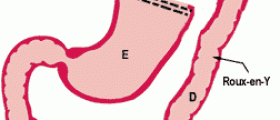

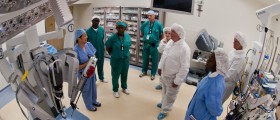
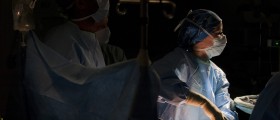


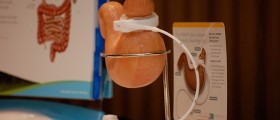
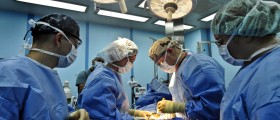

Your thoughts on this
Loading...